Do marigolds deter aphids?
npthaskell
16 years ago
Related Stories
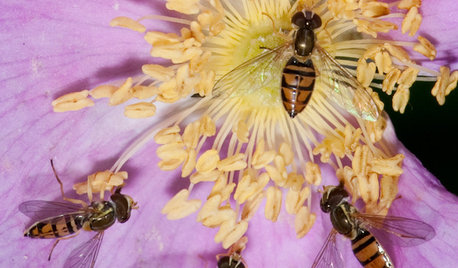
GARDENING GUIDESThis Fly Is One of the Most Beneficial Insects Around
Meet the syrphid fly, a colorful pollinator that also beats chemicals for controlling aphids and other garden pests
Full Story
GARDENING AND LANDSCAPINGBid Bad Garden Bugs Goodbye and Usher In the Good
Give ants their marching orders and send mosquitoes moseying, while creating a garden that draws pollinators and helpful eaters
Full Story
EDIBLE GARDENSGarden BFFs? Why Your Vegetables Are Begging for Companion Plants
Foster friendships among plants for protection from pests, pollination support and color camaraderie
Full Story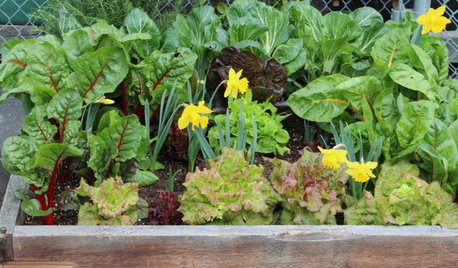
FARM YOUR YARDGrow a Kitchen Garden in 16 Square Feet
Got a sunny 4-by-4 space? You can make meals more interesting with your own vegetables and herbs
Full Story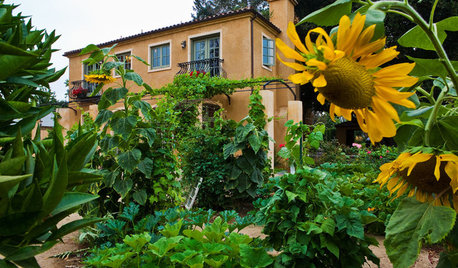
REGIONAL GARDEN GUIDESTexas Gardener's April Checklist
Get your sowing and planting on — spring brings a tantalizing array of possibilities in the garden
Full Story
EDIBLE GARDENSHow to Grow Your Own Sweet Summer Crops
This guide will help any gardener get started on growing the freshest warm-season veggies and berries for summer
Full Story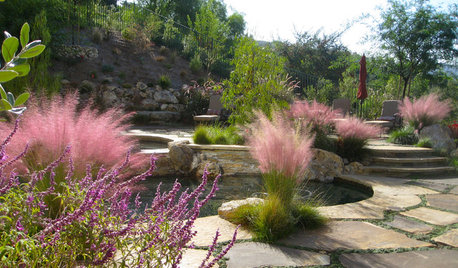
GRASSES10 Ways to Use Ornamental Grasses in the Landscape
These low-maintenance plants can add beauty, texture and privacy to any size garden
Full Story
GARDENING GUIDESHow to Keep Your Citrus Trees Well Fed and Healthy
Ripe for some citrus fertilizer know-how? This mini guide will help your lemon, orange and grapefruit trees flourish
Full Story
GARDENING FOR BUTTERFLIESGardening for the Bees, and Why It’s a Good Thing
When you discover how hard bees work for our food supply, you may never garden without them in mind again
Full Story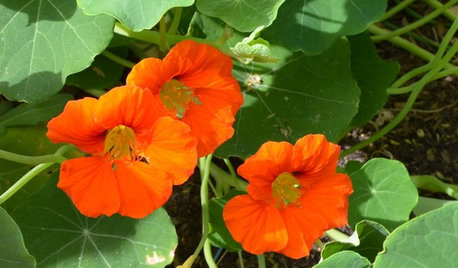
CONTAINER GARDENS7 Deer-Resistant Flowers for Your Summer Containers
Grow these as protection for edibles or just for their colorful beauty — deer might not like them, but everyone else will
Full StoryMore Discussions









justaguy2
marial1214
Related Professionals
New Bedford Landscape Architects & Landscape Designers · Wrentham Landscape Architects & Landscape Designers · Ballenger Creek Landscape Architects & Landscape Designers · Middle River Landscape Architects & Landscape Designers · New Mexico Landscape Architects & Landscape Designers · Severn Landscape Architects & Landscape Designers · Williamsburg Landscape Contractors · Indianapolis Landscape Contractors · Kailua Landscape Contractors · North Chicago Landscape Contractors · North Potomac Landscape Contractors · Uxbridge Landscape Contractors · View Park-Windsor Hills Landscape Contractors · Wheat Ridge Landscape Contractors · Palm Desert Driveway Installation & Maintenancejustaguy2
lilacs_of_may
ligardener
npthaskellOriginal Author
justaguy2
bdobs
julieherb
justaguy2
Violet_Z6
ligardener
justaguy2
bdobs
justaguy2
npthaskellOriginal Author
npthaskellOriginal Author
Violet_Z6
ligardener
Aspen Painting and Coating, LLC
HU-885892180